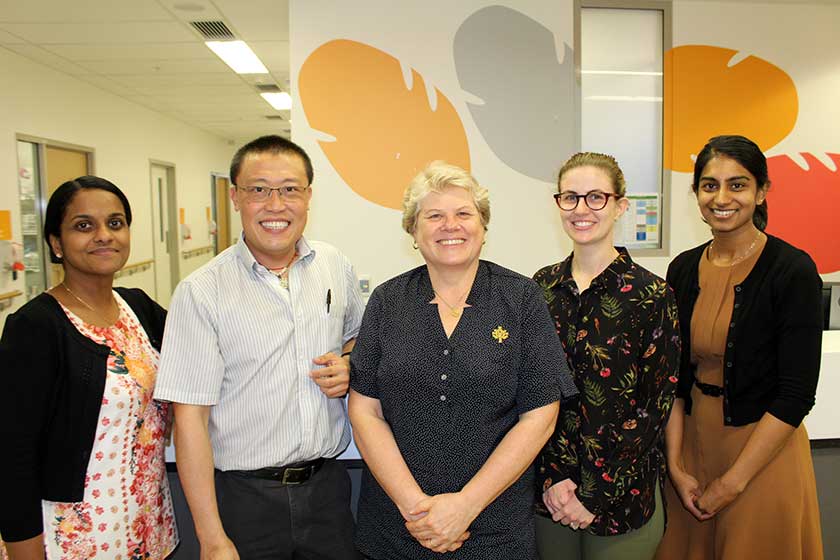About delirium
Basically, delirium is a very rapid decline in brain function and while it can affect people of all ages, it can especially impact critically ill patients, older patients and those with cognitive impairment.
Delirium can be a sign of an acute, serious illness and it’s important that it is treated promptly.
Even a brief course of delirium increases the risk of poor recovery from illness, nursing home placement and possibly dementia and death, so being able to identify and diagnose delirium quickly is essential.
The condition can be triggered by illness, injuries (such as a broken bone after a fall), surgery or some medicines.
Symptoms of delirium
Symptoms can be subtle or extreme and include a combination of the following:
- reduced ability to concentrate
- lethargic
- confused
- sleepiness
- agitation
- hallucinations
- altered beliefs
As there is no laboratory test that can diagnose the condition, being able to diagnose delirium relies on being able to identify acute changes in a person’s usual mental state and behaviour.
Diagnosing delirium
As doctors, we want to involve patients’ families and friends in the process of diagnosis and ongoing care.
Family and friends often have the most information about a patient in our care and are usually able to identify subtle changes which are key to making a prompt diagnosis of delirium.
Making note of family medical history, writing down observations before the patient comes to hospital and noting changes to a patient’s usual behaviour or moods can give doctors the extra information they need to make a diagnosis and manage the condition.
Visit delirium.org for more information.


